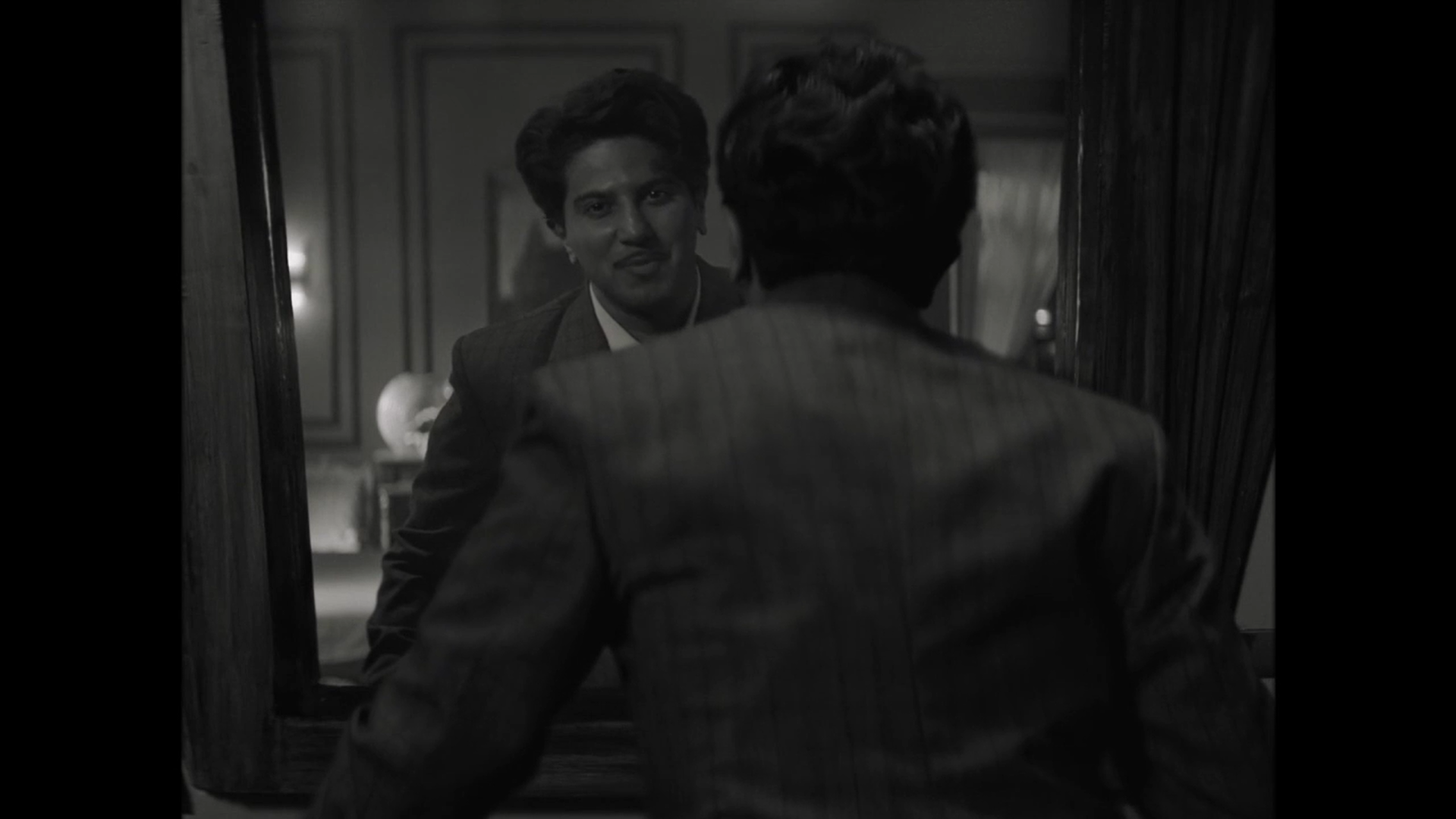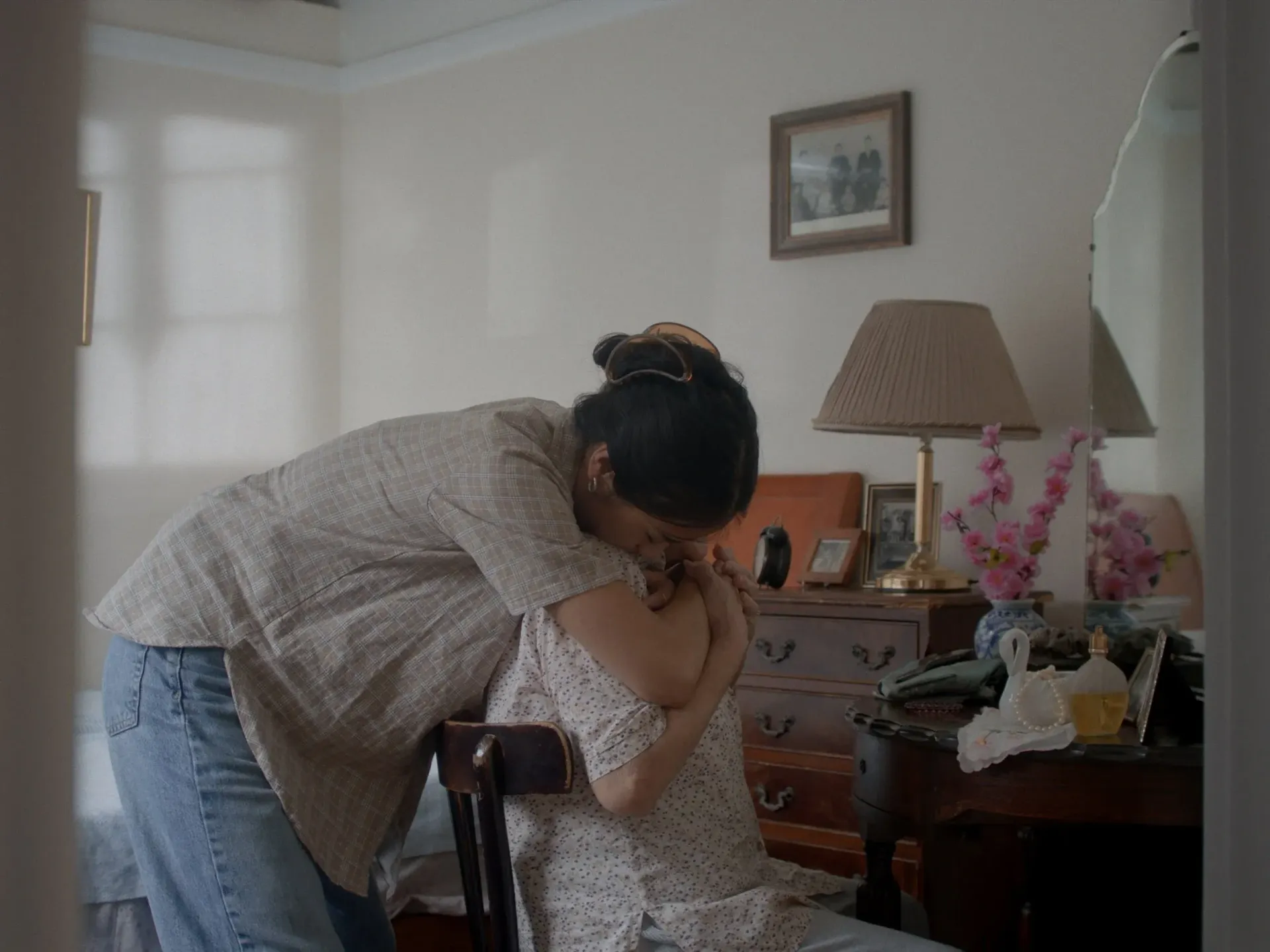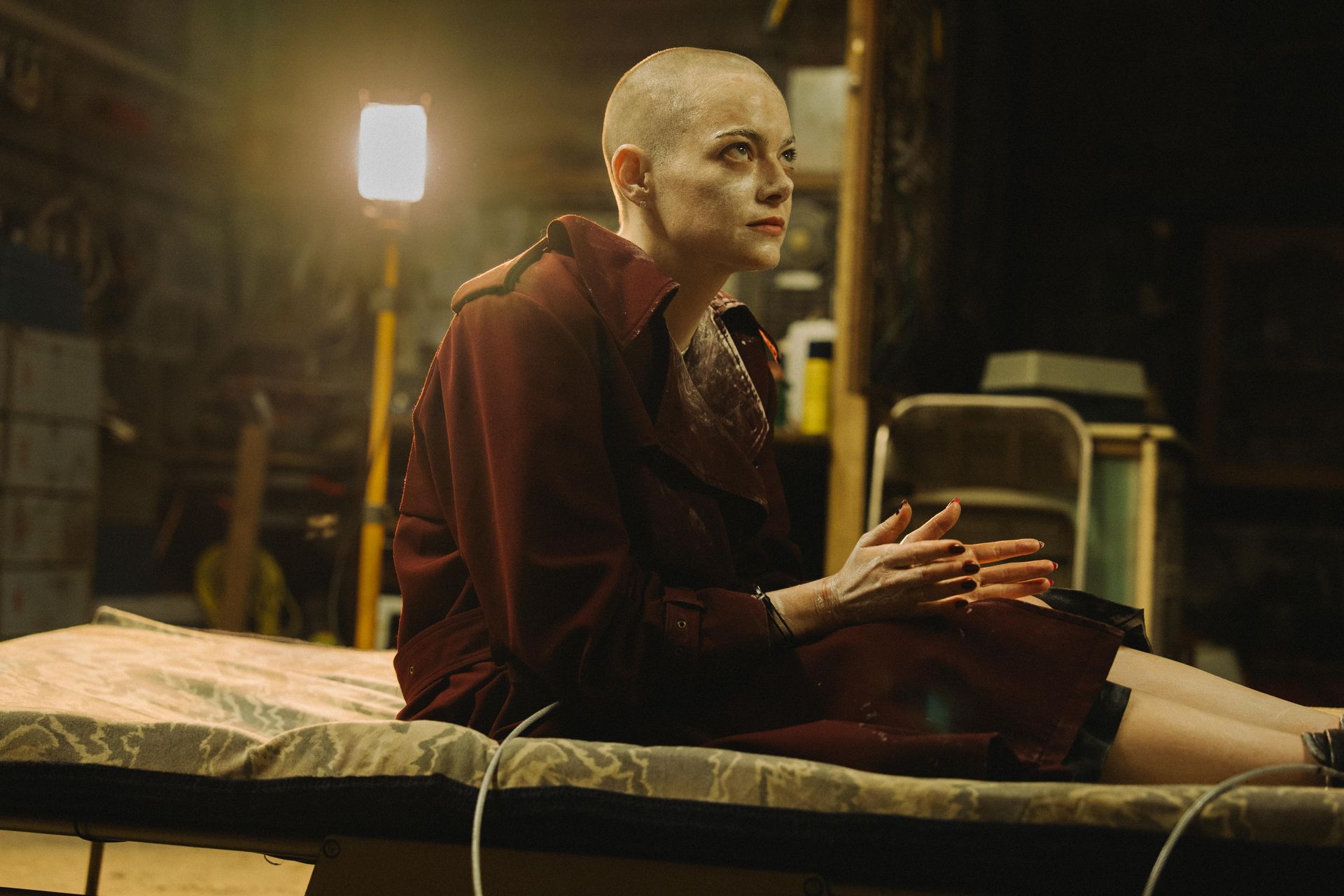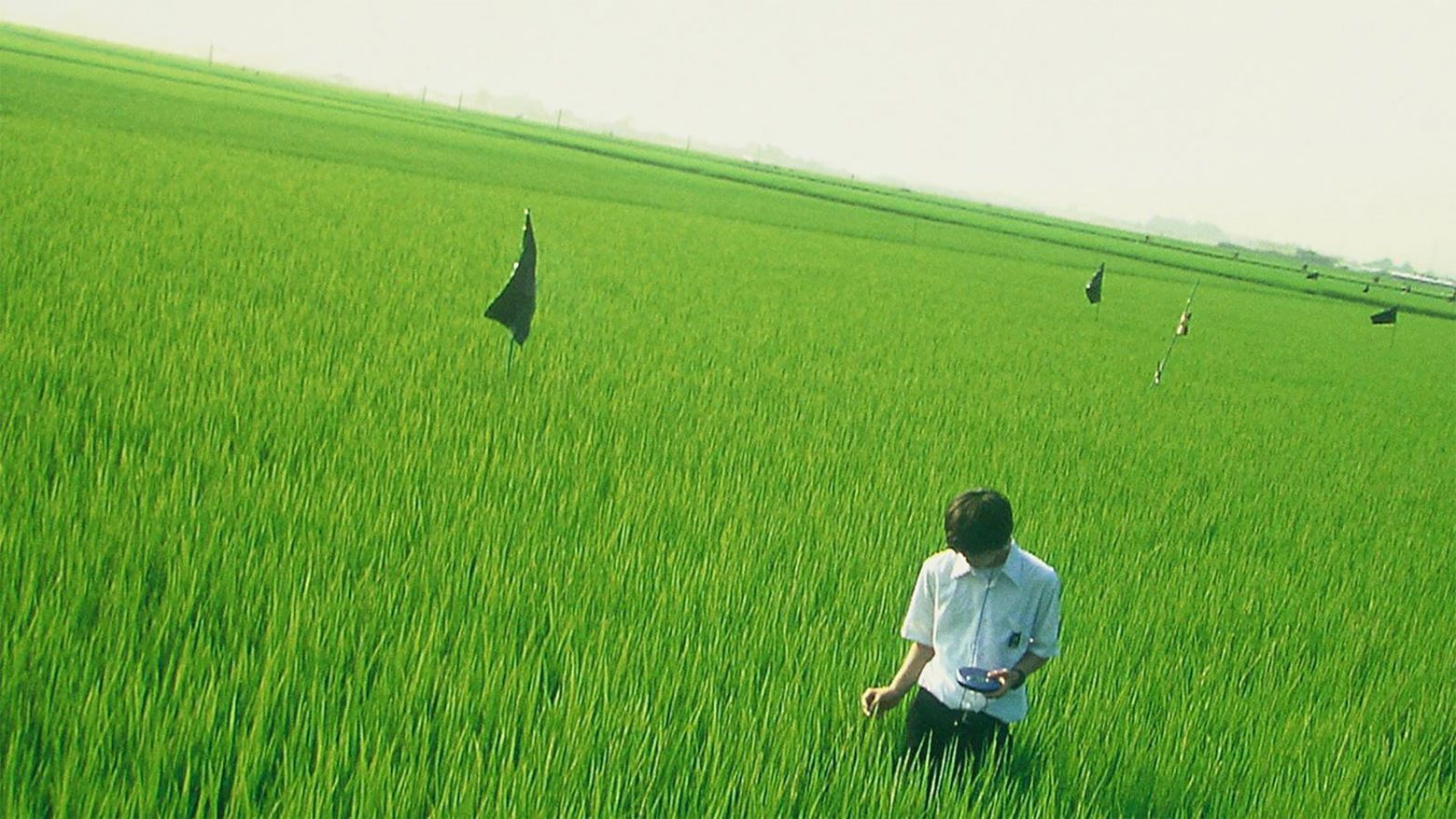Film Review #95: PEE MAK
Film Review #95: PEE MAK
*This film review may contain plot spoilers, reader discretion is advised.*
Released over a decade ago, Thai director Banjong Pisanthanakun’s highly acclaimed film Pee Mak (2013) seamlessly merges multiple genres into a riveting story that remains a charming classic till today.
Pee Mak (2013) spins a twist on the Thai folk legend Mae Nak, which tells the story of a soldier, Mak, who returns home from war to discover his wife, Nak, had died during childbirth. When his wife returns from the dead as an unsettled apparition, his neighbours warn Mak about the dangers of mingling with the spectral world. Mak heeded their advice and fled from his wife’s ghost – a mistake that indubitably compelled her to terrorise the village as she is unable to process her grief.
In Pisanthanakun’s retelling, Mak and his four best friends, Shin, Ter, Puak and Aey, go through an arduous and long-winded endeavour from amusement park to boat rides to decipher the truth behind Nak’s apparition. Their conclusions vacillate back and forth, and at some point Shin and Ter even speculate that Mak could be a ghost too. Regardless of what his friends thought and what he discovers, Mak remains true to his love for Nak.
While Pee Mak (2013) is categorised as a horror flick, I find that it succeeds more as slapstick comedy or a romantic drama. With only a handful of jumpscares, the film’s eerie tone are subtly woven into its set design rather than excessively relying on overt narrative devices. The spectral elements remain tolerable for most audiences and the film’s humorous and heartwarming moments often take centre stage instead. The use of macabre motifs provides an opportunity to inject offhand jokes that catch the viewers off-guard. Through this juxtaposition, Pisanthanakun’s comical moments are amplified, making them delightfully over-the-top.

Film still from Pee Mak
Additionally, I found the themes of romance to be a beautiful pivot within the storyline, particularly Nak and Mak’s on-screen chemistry. In tandem with the exaggerated horror and comedic scenes, their cliché romantic moments seemed almost absurd, but also inexplicably charming. Their unconditional love for one another ironically highlights the unconventional context of their relationship: one allegedly a ghost, while the other corporeal, yet they make it work.
Pee Mak (2013) excels in its dramatic yet seamless switches between genre and tone, which compel viewers from laughing out loud at Mak’s shenanigans to tearing up at a heart-wrenching scene. Admittedly, the humour does fall flat at times, but Pisanthanakun does a good job at keeping his audiences invested in the story, which is essential for such a fast-paced and dynamic movie.

Film still from Pee Mak
While many aspects of Pee Mak (2013) are uniquely Thai, including its language puns and historical background, it still resonates with the larger Southeast Asian audience. In fact, apart from being Thailand’s highest grossing-film, it was also the first Thai movie to ever have been screened in all the ASEAN countries, achieving success both domestically and internationally. Perhaps it is the deep-rooted supernatural horror or the familiar tropical setting, but I couldn’t help but be reminded of Malaysian folk tales like the Pontianak while watching this film.
Pisanthanakun remains true to the spirit of traditional storytelling, especially through the melodramatic yet emotionally satisfying closing. Pee Mak (2013) may be visually mediocre and perhaps underwhelming for cinephiles looking for a more contemplative or artful film, but there is no denying the film has a universal charm to it. Above all, Pee Mak (2013) strikes me as a genuine film – humorous and entertaining, and is certainly a film worth a watch.
——————————————————————————-
This review is published as part of *SCAPE’s Film Critics Lab: A Writing Mentorship Programme, with support from Singapore Film Society.
About the Author: Jane is a student who loves all types of media and creative expression, including film. She especially has a soft spot in her heart for Asian cinema and films that make her bawl. Apart from lurking on Letterboxd reviews, she likes to collect trinkets and do handicrafts!










